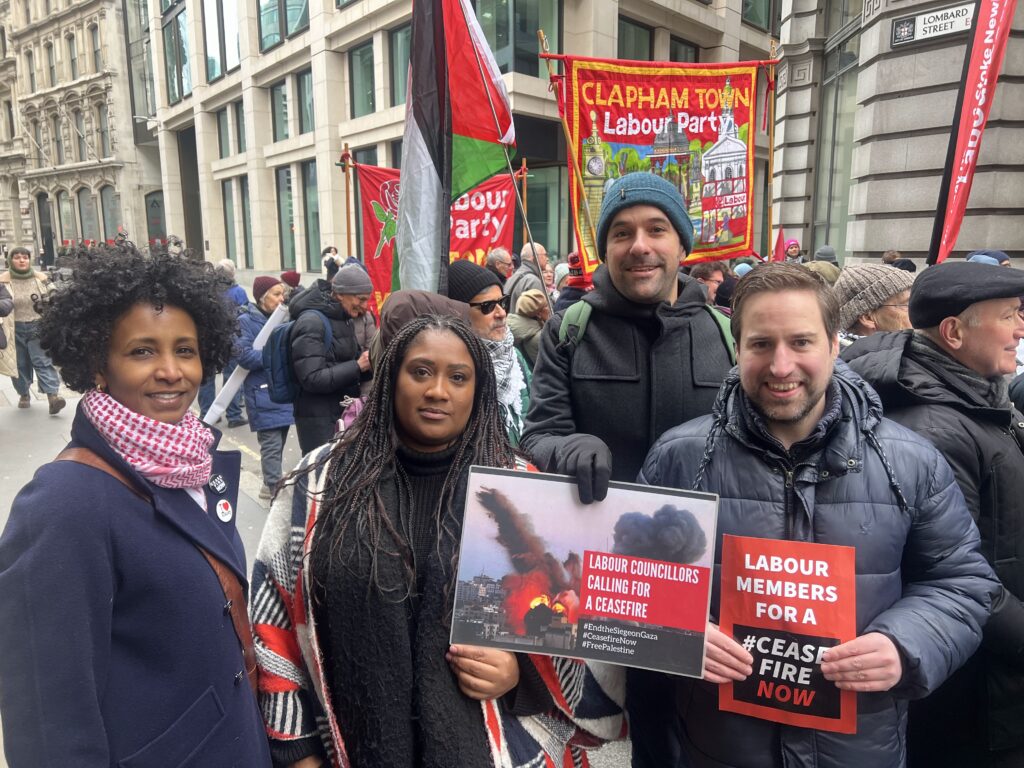
Last night, a UN Security Council resolution calling for an immediate ceasefire in Gaza was voted down. Of the 15 countries that make up this body, 13 voted in favour. The two holdouts? The UK (abstained) and the USA (vetoed).
The current war on Gaza has been carried out with licence from American, British and European political leaders. Across the world, millions have protested for an end to the fighting and for the safe release of the hostages. World leaders are increasingly at odds with public opinion.
The military offensive mounted in response to the appalling terror attacks of 7 October has been one of the most devastating of the 21st century so far. It has levelled the majority of Gaza’s homes, displaced millions, cut off essential foodstuffs and medicines, shut down most of Gaza’s hospital capacity, claimed as many as 29,000 lives and has left many more with life-changing injuries and trauma.
In a war that has spawned a new acronym, “WCNSF”(wounded child with no surviving family), the main casualties have been women and children. With no functioning maternal hospitals, pregnant women are having caesarean sections without anaesthetic, water or soap. Despite last month’s landmark International Court of Justice (ICJ) ruling, these horrors continue.
The history of this conflict did not begin with the horrific attack on 7 October. Britain was the former colonial power that laid the foundations for the mass displacement of Palestinians – and the conflict today. From the Sykes-Picot Agreement to the Balfour Declaration, the betrayals of McMahon, and the invasion of Allenby’s forces, our country’s imperial past created the contours of the current conflict. We have a unique responsibility to push for peace.
Recent history also makes it incumbent on us to act, with £472 million worth of military exports shipped to Israel since 2015. The time to suspend arms sales is long overdue, and if we do not, we are complicit in this onslaught.
So far, the assault on Gaza has done nothing to make the region safer and has failed to free all the hostages – its original justification. After Israel’s embattled far-right prime minister dismissed a ceasefire deal for the return of all hostages, freed hostage Adina Moshe told him that if the offensive continues, “there won’t be any hostages to release”. Israel has subsequently confirmed that 31 of the remaining 136 hostages are dead, with the fate of 20 more uncertain. We cannot gamble with their lives; we must secure their safe return.
Labour is now calling for the fighting to stop, opposing any invasion of Rafah, and expressing clear support for Palestinian statehood. This is significant. For too long, the British government has dangled the latter as a prospect at the end of peace negotiations, instead of a pre-requisite for meaningful ones.
Since November’s vote, over 17,000 more Palestinians have been killed. 1.4 million people have been forced into Rafah in recent months, leaving the city more densely populated than Paris or Mumbai. A full-on offensive here could mark the deadliest phase yet.
As we debate and wring our hands over wording and nuance, thousands of children are being killed and maimed. The average age of a child killed is just five. Every country has the right to defend itself and Hamas should be brought to task for their crimes. But what threat does a five-year-old pose? This is collective punishment.
That’s why I’ll be voting for an immediate and permanent ceasefire again today. Supporting the push for a ceasefire isn’t a matter of party politics, it’s about recognising our common humanity. MPs of all parties need to come together and send a clear message to the world. Only by building this diplomatic pressure can we hope to bring an end to the fighting and work towards peace.
This article was first published in the Independent on the 21st February 2024.
